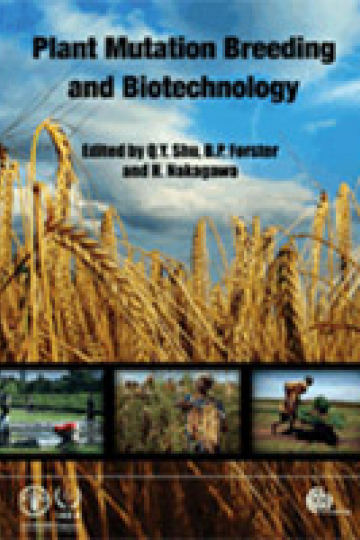This comprehensive book covers the underlying scientific principles, state of the art technologies and methodologies of plant mutagenesis. It covers historical development and commonly used terminologies, chemical and physical mutagenesis, mutation induction, mutation breeding and mutations in functional genomics research. Suitable both as a book for professionals and a resource for students in plant breeding and research, the book includes exemplary cases of practical applications and an appendix of recommended doses of gamma and fast neutron irradiation for almost 200 plant species. Researchers, students and breeders in plant sciences and genetics may be equally interested in this book.


